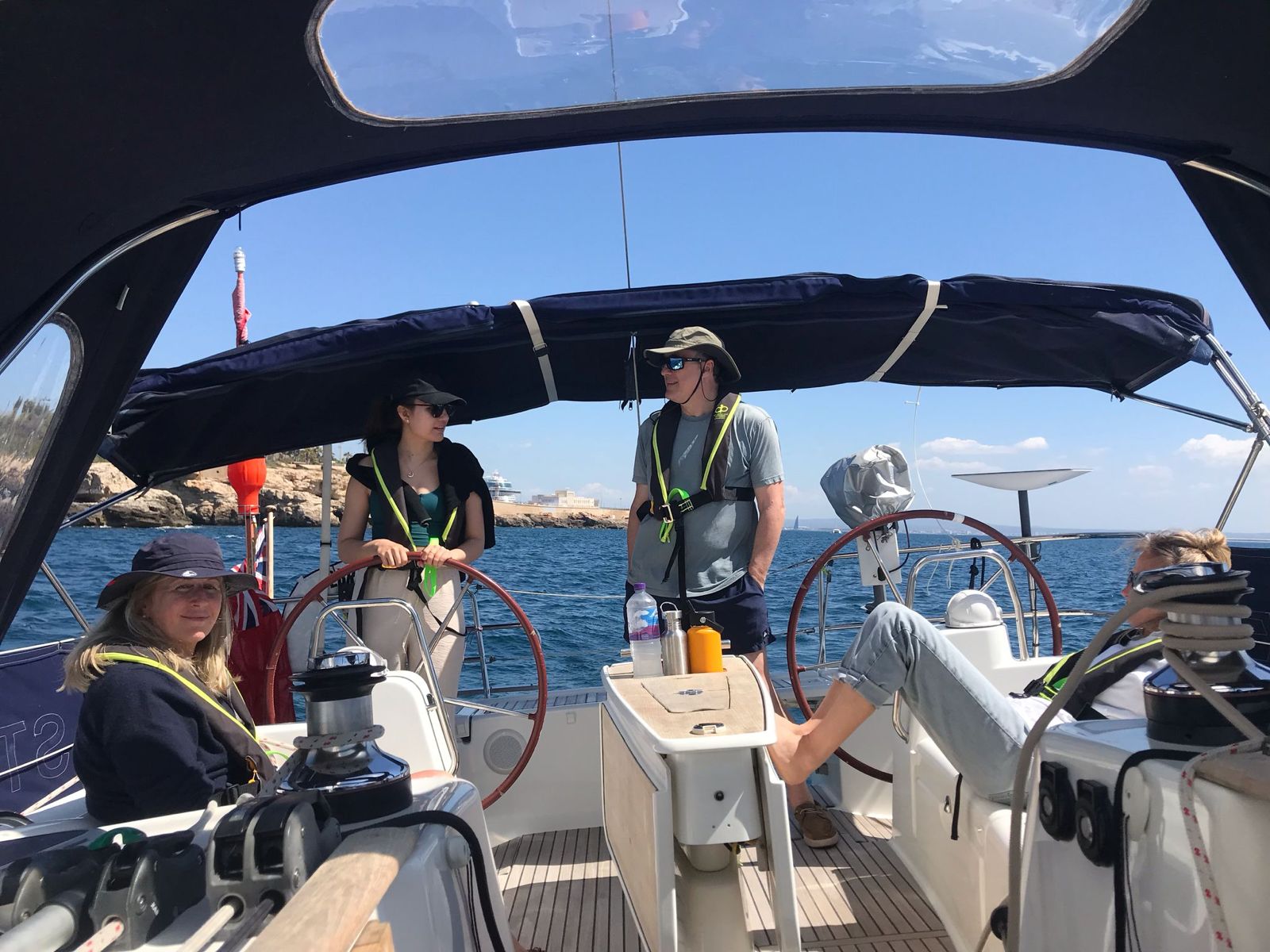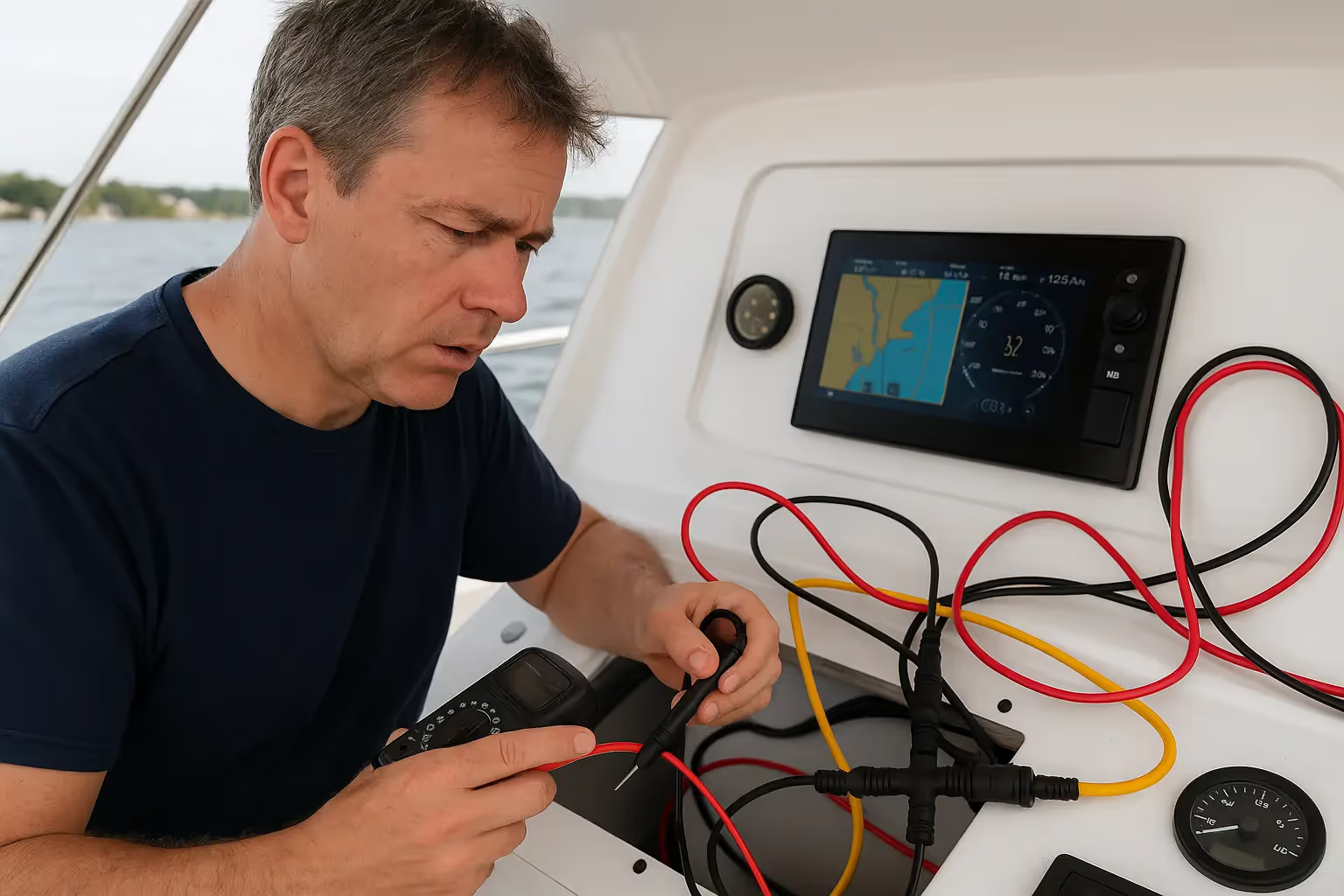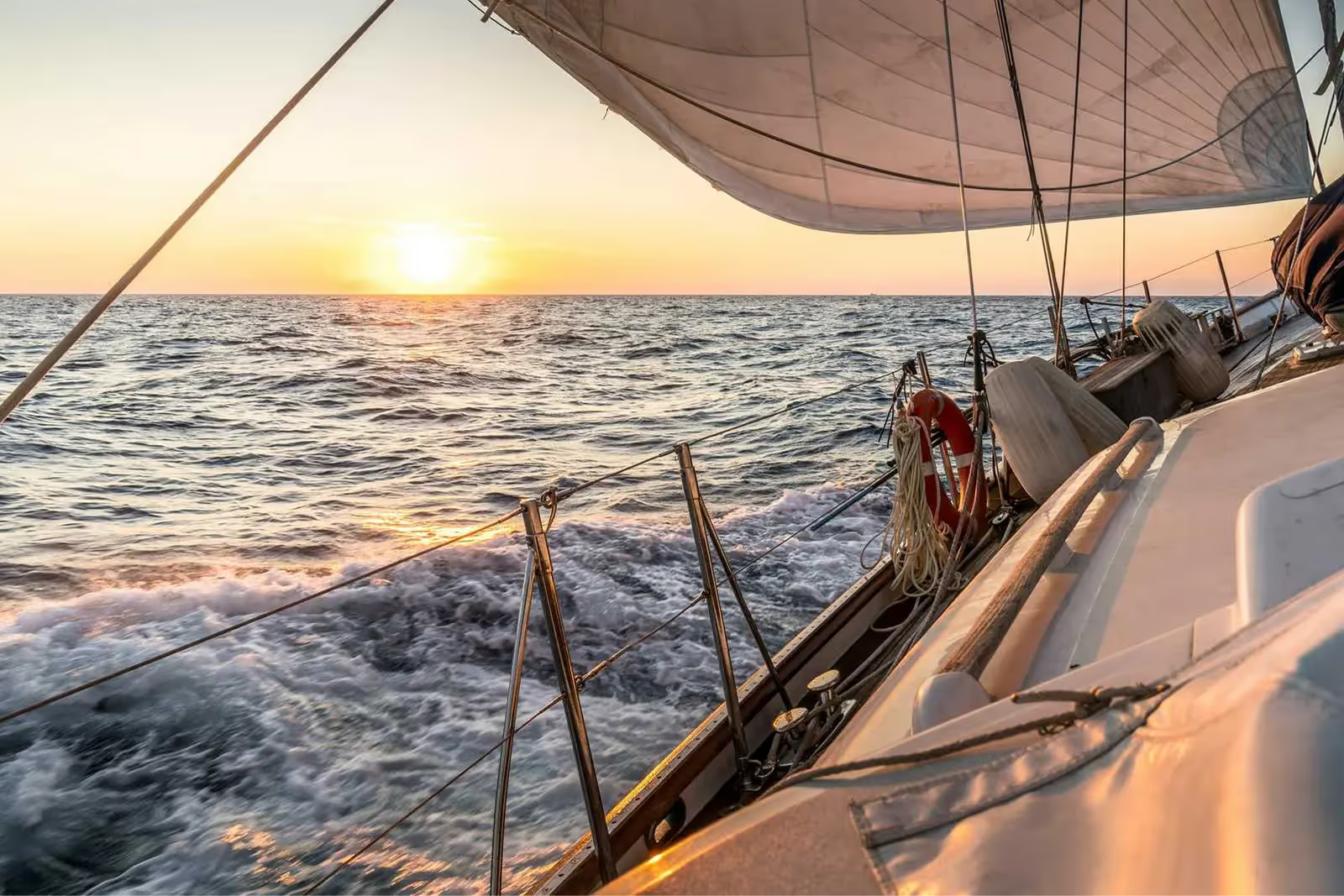Journey Through Time: Mallorca's Nautical Legacy

The Ancient Beginnings: Phoenicians to Byzantines
The Phoenician Influence
The maritime saga of Mallorca starts with the skilled navigators known as the Phoenicians, who were the first to map the seas surrounding the island. Their arrival brought sophisticated seafaring techniques and robust boat construction, marking the inception of Mallorca's rich nautical legacy. Being skilled traders, they linked Mallorca to a larger Mediterranean trading network, influencing the island's early development.
Greek and Roman Era
Following the Phoenicians, the Greeks and Romans left their mark on Mallorca's shores. The Romans, in particular, engineered substantial ports and optimized sailing routes, bolstering the island's maritime stature. Their efforts greatly influenced the local sailing culture and infrastructure, including sophisticated naval architecture and comprehensive maritime laws.
Byzantine Period
The Byzantine era heralded advancements in maritime tactics and shipbuilding. During this period, Mallorcan sailors adopted new navigation techniques and embraced the Byzantine's sophisticated ship designs. Combining innovation and tradition, this era greatly improved the island's naval capabilities and cemented its place in the Mediterranean maritime realm. The early parts of Mallorca's illustrious maritime history were woven together by a diverse range of influences, spanning from Phoenicians to Byzantines, and they established a standard for later generations.
The Moorish Influence and the Spanish War of Succession
Moorish Era
The Moorish control of Mallorca brought in an era of astronomical and navigational enlightenment. With superior knowledge of the stars and seas, the Moors revolutionized maritime travel and boat building on the island. Their influence permeated through the design of more agile and resilient vessels, reflecting in the unique aesthetics and functionality of Mallorcan boats. The legacy of their advanced maritime skills is evident in the enduring nautical traditions and techniques that carried on evolving long after their reign.
Spanish War of Succession
The Spanish War of Succession marked a tumultuous period in Mallorca's history, bringing the strategic importance of the island's location into sharp focus. As European powers clashed, Mallorca's waters became a contested zone, with naval battles and maritime strategies playing out along its shores. During a time of unpredictability and violence, the conflict demonstrated the island's naval prowess and the strategic intelligence of its sailors. To maintain Mallorca's dominance in Mediterranean naval affairs, the island's naval defenses were reassessed, strengthened, and given more importance following the war. The island's maritime identity was profoundly formed by this turbulent and influential time, which also wove a complex story of resilience and strategic significance.
Modern Sailing in Mallorca: 20th Century Onwards
With the advent of new technologies and a growing tourism sector, Mallorca saw a radical transformation in its sailing culture during the 20th century. The introduction of steamships and later, motorized boats, dramatically altered maritime travel, making it faster and more accessible. Despite this modernization, Mallorca's deep-seated affinity for traditional sailing persisted, with a resurgence in the craftsmanship and use of classic sailboats.
The island's azure waters and favorable winds made it a magnet for sailing enthusiasts and competitive sailors, further cultivating its reputation as a premier nautical destination. Mallorca started organizing prestigious sailing regattas and events that drew competitors and fans from all over the world. This fusion of teamwork and camaraderie highlighted the island's longstanding nautical heritage.
Efforts to preserve the island's rich sailing heritage intensified, with initiatives to restore historic vessels and revive traditional navigation techniques. Numerous sailing schools sprung up to ensure that the knowledge and passion for the sport are carried on to upcoming generations. Today, modern marinas and clubs coexist with quaint fishing harbors, symbolizing the harmonious blend of old and new. Mallorca's sailing culture is still thriving, with a strong emphasis on honoring the past while welcoming the advancements of the present and the future.
Conclusion
Mallorca's sailing narrative is a testament to its dynamic and enduring maritime heritage. From the ancient Phoenicians to modern-day sailors, the island's waters have been a stage for various historical dramas, technological advancements, and cultural exchanges. The enduring legacy of sailing is woven into the very fabric of Mallorca, reflecting both a reverence for tradition and an embrace of innovation. And sailing will remain an integral part of Mallorca’s identity for generations to come.
FAQs
How did the Phoenicians influence Mallorca's sailing history?
- They were among the first to navigate Mallorca's waters, introducing advanced sailing techniques and boat-building skills that laid the groundwork for the island's maritime culture.
What role did the Romans play in Mallorca's maritime history?
- Mallorca's nautical culture was profoundly impacted by the Romans, who built important ports, improved sailing routes, and brought cutting-edge naval architecture and marine legislation.
How did the Moors contribute to Mallorca's nautical traditions?
- The Moors introduced advanced knowledge of astronomy and navigation, which impacted the island's nautical traditions and boat designs.
What was the impact of the Spanish War of Succession on Mallorca's sailing history?
- The Spanish War of Succession highlighted Mallorca's strategic maritime importance, with naval battles and operations around the island playing a crucial role in this conflict.
How has modern technology affected traditional sailing in Mallorca?
- Modern technology introduced steamships and motorized boats, but there has been a resurgence in interest in traditional sailing techniques and boats, keeping the island's rich sailing heritage alive.
















